
When
one thinks of “Miami Vice”, immediate images like pastel shirts,
white loafers with no socks, and Don Johnson in his prime come to mind.
The popular 80’s television series has become iconic, so the news
of a new MIAMI
VICE film was met with somewhat mixed reaction.
Though with series creator Michael Mann on board directing the film,
it was unclear just what kind of movie this new MIAMI
VICE would be. With actors Colin
Farrell and Jamie Foxx in the prolific roles of Sonny Crockett and Ricardo
Tubbs, it’s anyone’s guess as to whether or not the audience will
embrace the new Vice.
The
press junket for the film was definitely one of the most heated and most
memorable I have ever experienced. Imagine
this – 60 reporters crammed into a small room for a formal press
conference with all five leads at once, including Director Mann and actors
Foxx, Farrell and the two female leads Naomie Harris and Gong Li (who had
her own interpreter!) and we had less the 25 minutes for Q & A!
Needless
to say there was tension in the air, not only from everyone being worried
about asking their own questions (hell, I didn’t even get to ask any till
I ran up to Mann at the end!), but from the sometimes obvious distain some
of the crowd had about even the idea of a new Miami Vice; the divide was
palpable. So what follows is an often
funny (Jamie’s always a riot!), sometimes tense (at one point a guy yelled
“Can someone from Universal please get this guy to stop threatening me”,
oh boy!), but never boring Q & A with the five leads of MIAMI VICE the
film and nothing was off limits.
They
all talked very candidly about everything from on set rumors to why Mann
decided to re-visit the world of Crockett and Tubbs.
(And remember; only the last question was mine folks!)
| Colin Farrell |
Jamie Foxx |
 |
 |
The
music was such an integral part of the television show, how important was it
to maintain that level of authenticity with the music in the new film?
Mann:
Music’s always key to me, whether it’s Miami Vice or not Miami Vice and
it’s kind of dictated by the story about Crockett and Tubbs and Isabella
and Trudy, the movie tries to get into the lives of these folks as intensely
as possible. I wanted music that
hopefully had the power to do that, consequently the Mogwai and some of the
Audioslave, so that’s what informed most of those choices.
Michael,
you had success with the series 20 years ago, do you worry that you can’t
go home again? And for the actors,
what was it like taking on such iconic roles?
Mann:
(Laughing) Well first of all, it’s all Jamie’s fault, he talked me into
this starting in 2002 at all these birthday parties, but the proposition
that became really exciting for myself and for all of us was the idea of
really getting into undercover work and what it does to you, what you do to
it and the whole idea of living a fabricated identity, it’s actually just
an extension of yourself. And
doing it in 2006, doing it for real, and doing it right now, which if you
think about it, then defines a whole bunch of stuff – you’re not going to
have crocodiles or alligators, you’re not going to have sailboats,
you’re not going to have nostalgia.
And
you’re going to do it for real, it’s a big picture, it’s going to be
R-rated because you do dangerous work and difficult places where bad things
happen. You have relations with
women, there’s sexuality, there’s language and that became an exciting
proposition. But it started with
the real function of, for actors and directors, what is on the cover work
for real, what is that stuff. And
a lot of these folks (referring to the actors surrounding him) went and did
a lot of that work themselves.
Foxx:
I was in because it’s hot! (smiles) The
hotness of this idea is, when I talked to Michael Mann and just learning
about who Michael Mann was, I made a couple of rookie mistakes saying why
don’t you do Miami Vice, you did it in the television show, I could just
see (Foxx riffs the theme song with rap sounds) and we do Jay-Z and we do
this and we do that and he’s like get outta here!
But after enough of going up to him and saying look I really think
this is a great opportunity for you to take a commercial hit, a franchise
and bring the real film capability of Michael Mann has together, so now
we’re all protected in the sense of we’re doing a big time summer movie,
but it’s still held together by the Michael Mann way of thinking.
Farrell:
Here, here. (Smiles) As the two
boys said, it was Jamie’s idea and I’d been talking to Michael for a
couple of years about finding something to do together and then this came
along. It was just a perfect
opportunity and new that Michael from the onset wanted to get…I mean, we
all know he can handle an action sequence, whether it’s the historical
piece that he did in The Last of the Mohicans or whether it’s that very
famous scene in Heat, he can understand the choreography of an action
sequence and a highly volatile one.
But
unless it’s backed up with some human drama, unless you have some kind of
emotional investment in the characters, he understands the validity of doing
big scale things isn’t there unless you really do care about the
characters that you’re watching. So
with that in mind, I didn’t really think much about Don Johnson, you know.
If I was to think about the early Crockett, I would have been in
trouble because I would have been haggling with them over the suits that I
wanted to wear and I wanted to show no socks on my slip-ons and all that
kind of stuff, where’s my crocodile? (Smiles)
Jamie said he met Don in a restaurant; he met Don in a restaurant in
Los Angeles. What did he say?
Foxx:
Tell Colin Farrell when he’s through with my jock strap to give it back.
(The room erupts with laughter)
Farrell:
I’m still waiting on it, it never arrived, the jock strap.
It might have added something interesting to the character.
Why is he always itching his balls if he’s wearing Don Johnson’s
jock strap? Miami Vice, the TV
show was the original genesis obviously for this piece, but we approach it
from – as Michael said – a very contemporary stand point and it’s its
own entity really.
Naomie
already told some good stories about your love scenes in a different
interview, Jamie can you talk about the love scenes in the film?
Foxx:
(Proudly) Well, let’s hear from Naomie! (Everyone laughs)
Harris:
I was really nervous about doing those scenes because I haven’t done one
before actually; simulating sex in front of 50 people has always been
intimidating. But Michael is
really great because he had as few people as possible in the room and then
Jamie was fantastic as well because he really tried to make me feel…
Foxx:
(Smiles) Comfortable! (Laughs)
Harris:
Comfortable, yes very comfortable.
Foxx:
I thought the most important thing to do in this love scene was – nobody
makes love after you’ve been with someone for a period of years, it’s
never like music and flowers, you know it’s not like that.
It’s a little bit of fun, you kind of know each other and
everything like that, so that was the reasoning of having the sort of comic
relief.
Mann:
It comes out of the nature of the relationship, Tubbs is the more volatile
of the two partners, but his life is centered in this relationship and as
Jamie is saying, it’s life. It’s
life, it’s Tuesday night, it’s not the profound experience that Crockett
has when he meets perhaps the right woman and the wrong woman and they get
together. That’s what was
appealing about the whole structure of it, its two very different kinds of
events.
What
about the sex scenes between you Colin and Gong Li?
Farrell:
Crockett and Isabella are two people that find each other in the wrong place
at the wrong time – they’re the right people.
That’s the unfortunate thing about what transpires between the two
of them. That they – to quote
good old Jerry Maguire – they do kind of complete each other.
They’re two people that live in very volatile environments, one guy
on one side of the law, this woman Isabella on the other side of the law,
they come together and in what is a very dangerous idea and very bad idea
the scene they have in Havana when they say at the bar you know this is
never gonna last, never going to work.
But
they find in each other in the act of “making love” that it’s almost
overwhelming, almost too much to take. I
mean Crockett’s someone that would’ve had one night stands over the
years prolifically and never been emotionally attached to anyone.
There’d be different reasons for that; one of the primary reasons
would be the work that he involves himself in.
What he finds with this woman is someone that seems to make complete
sense, perfect sense. And so our
scene, doing it together, was just kind of about emotional investment or
emotional realization and seeing some of yourself, maybe the best of
yourself and none of the worst, in the other person.
And something quite, kind of, tragic to it as well, I suppose.
How
will this Miami Vice make audiences forget the old Miami Vice?
Foxx:
Not everybody is thinking the television series because I don’t think that
people are actually remembering every single episode.
That’s why it’s a different thing, this is just a hot concept,
hot movie and I don’t think they’re gonna be comparing the two.
It’s like I always view things like this – what do I want to see
when I’m in the movie theater? I’m
not quite as dense as Michael Mann is in that sense.
I got my popcorn, I’m sitting there and I’m thinking what would
be hot to see right now? A car,
two guys in Miami, Jay-Z on the soundtrack and I see something that is going
down.
So not
everybody is relating back to what they saw, they know what happened in
Miami Vice years ago, but they’re ready to go see what the new thing is.
Cause a lot of kids and a lot of cats is like, you know 18, 19, 21,
17, whatever, that are watching this trailer, they’re into the hipness of
Colin Farrell, maybe Jamie Foxx and this combination of that looks hot, I
wanna see that, you know? Cause
I put my hoody on and sneak in the theater, or take a girl to the theater
and act like I don’t know the trailers about to run!
(Everyone laughs) And
then I say oh, they’re running this, they’re running this?
Oh, this is cool! And
then you hear, oh I gotta go see that! And
then I pull my hoody off and let people see, you know I’m in the theater
and then I bounce!
Mann:
We never conceited that it’s derivative, its 2006, its Miami Vice
for real, right now and it has in its core, kind of an emotionally overt way
of telling its story and it takes place in the alluring, perfumed reality of
Miami. In which you’ve got
this layer of things very sensuous and beautiful and underneath it stuff
that is very, very dangerous. So
in that sense it has an independent kind of origin.
I don’t think people are sitting there comparing the two, the two
are co-equal. The series
occupies its place in cultural history for better and for worse and that’s
it. It’s 2006, it’s a new
day.
Then
why call it Miami Vice then?
Foxx:
Why call it Miami Vice? I mean, I
don’t understand that question, it’s like you saw Starsky and Hutch but
it wasn’t anything like…
That
was a comedy though…
Foxx:
I know, but that’s what I’m saying, they did Starsky and Hutch…
Farrell:
(Interjecting) Don’t know why they called it Starsky!
Foxx:
But you understand what I’m saying? It’s
like you’re not taking Miami Vice the series, you’re taking the spirit
of that and you’re doing that movie.
Mann:
That’s exactly right, it’s the spirit of it, it’s the core of it,
it’s the way the characters in Miami Vice, where those stories warped just
who these people are. So at the
core of Crockett is Crockett, at the core of Tubbs is Tubbs, but they’re
re-imagined in 2006, with a different world, a different place, in a
different Miami.
Why
didn’t you use the theme song in the opening sequence?
Foxx:
I’ll put it to you this way; I understand exactly what you’re saying.
I mean, I believe this movie is high risk, high return because you do
go away from what you think it is, you understand what I’m saying?
But it’s like, you can’t keep rehashing it.
It’s like watching a dunk contest today, you can’t go in and do
the Dr. J dunk anymore, cause we’re kind of past it, you’ve seen that,
but if you’re wearing Dr. J’s jersey and you bounce it off the backboard
from the back and then you dunk it, you got the spirit of Dr. J and you’ve
changed it, you see what I’m saying? (Many
in the room clap and cheer)
Was
there a lot of weapons training for the actors in the film?
Mann:
Everybody went through training and there was a lot of it and a lot of hard
work went into it. And they look
good because they are good and they are good because they really can do
everything that we see in the film including the physical stuff.
But the most difficult thing to acquire is all the skills that I
think these folks have, in terms of really being in an undercover situation.
When they’re confronted, the self confidence they have, that came
from lots of scenarios that Colin and Jamie and Gong Li did, with real folks
who really do do this stuff, simulations that were very, very realistic and
they did it a lot.
It
seemed as though the tongue-in-cheek that we did see from the old series was
not really in this film, was that on purpose?
Mann:
It’s a different subject and if I took you through the first two years
episodes, which I consider to be the real core of Miami Vice, there are a
lot of…these are exactly the kinds of stories that are being told.
Whether it was Out Where the Busses Don’t Run or Smuggler’s Blues
or Little Miss Dangerous or all these episodes, some of which ended – they
were poignant, they were emotional, they weren’t happy endings.
And so they were these kinds of stories, then there was some lighter
stuff.
Farrell:
Miami Vice, as I remember and a lot of people I know remember, only kind of
became camp in hindsight. At the
time, it was a really cutting edge show, it was really dark, really dark,
the subject matter – drugs, prostitution, so on, so forth.
Crockett’s back story with his two children and his wife, some very
reality based situations were dealt with very honestly for the time and as
he said, its just been elevated to today’s modern age.
Michael,
how have your personal views on how you see these characters changed in 20
years?
Mann:
You know, it sort of reminded me of a line in the pilot, Tony Yerkovich
wrote the pilot, Tony Yerkovich created Miami Vice.
There’s a line in the pilot where a woman says to Crockett, she
says do you sometimes forget who you are?
And he says darling, sometimes I remember who I am.
And that is the core of that character and the volatility of Tubbs
and the way he rises to anger, in one episode he gets furious cause somebody
shoot at him with a machine gun, cause machine guns scare him and he gets
scared and really angry. And
that spirit is the same in these characters and so these characters, in that
sense, in their hearts, in their souls, in what they lead us down to, they
really have to rise to the occasion, are identical.
The center of these people is the same.
As
opposed the television series, the film has no smoking in it, was that a
deliberate choice and how was it for you Colin?
(Farrell is smoking a cigarette)
Farrell:
(Jokingly) Oh it was tough, was tough!
Mann:
It was not a deliberate choice.
Farrell:
(Jokingly) We were originally going to go with a costume that was made of
Nicorette patch, for me, but it kept melting in the Miami sun.
It was okay.
Mann:
When I’m making a movie, the integrity has to be about making that drama.
If somebody was to be a smoker because that’s what his character
would do, he would smoke.
In
terms of preparation for your action sequences, how much of it is
storyboarded and how much of it do you find while you’re on set?
Mann:
I don’t storyboard, I do something else, which is I block it.
We then train to the blocking, in other words when everybody’s
training, they’re actually training a lot of the moves that we are
definitely going to use. And
then I do a lot of the photography of that and that becomes where the
cameras go.
There
was a recent article that talked about various on set turmoil and making
Jamie out to be a sort of bad guy, would you care to comment on it?
Mann:
That’s such nonsense.
Foxx:
See?! (Everyone laughs)
Mann:
The article is nonsense and lot of the perspective of the article is
nonsense.
Foxx:
This is one of those films where a lot of stories were just written.
Farrell:
Second week into the shoot me and Jamie were killing each other; I hadn’t
even met him yet.
Mann:
These guys weren’t getting along and we were finishing the movie in Peru,
that was one story.
Foxx:
But, you know, that makes the opening a little…let’s go see what all the
hub-bub is about, so you know you let all that go.
But it’s like, when you have something like this that’s so great
man and everybody descended on Miami. I
mean, there was people coming to Miami just cause we were shooting down
there, you know what I’m saying. It’s
just one of those things, cause I’ve read crazy, crazy stuff that wasn’t
true, but I think it all plays into the hands of making it, you know, get up
in there and get them tickets and see what’s going on.
But
isn’t there a basis in fact for these rumors?
Farrell:
Yeah, we were in the same film together. (Everyone
laughs) That’s all it really
takes, you know, doesn’t take much.
Mann:
We new we were going into major hurricane season in Miami, cause we were
shooting in the summers. All you
have to do is look it up on the web, you know the weather bureau, find out
the history of hurricanes in Miami, they keep getting worse.
So we new it, we provided for it.
And then we had this shooting incident in Dominican Republic,
absolutely that happened. But
the important thing is not the process; the important thing is the product.
You
cut out about ten minutes of the film, including the opening boat race
sequence, what was the purpose behind cutting some of this material and will
we see it on DVD?
Mann:
You always do it. It’s like, I
ask myself way in the beginning, how should the story tell itself?
And one of the things that attracted me to Collateral by the way, was
the fact that it’s kind of a really tight construction and I always felt
the story should be tight. You
should be dropped into their lives and just taken away with them and I think
that you can place an audience almost right on Jamie and Colin’s shoulder.
And bring the audience hopefully into a much more immediate
experience of what these guys do and how they do it.
And so
the movie tells its story that way and I wanted it to have an intensity and
a drive and bang, you’re in it. And
when that movie ends, it cuts to black and that’s as much of the story as
we’re telling right now. And
so consequently, I have to make a lot of really difficult, hard,
heartbreaking decisions sometimes about material that is really great, that
I really love and people do fabulous work in and unfortunately you have to
serve the greater good of that experience of the picture.
So the stuff will absolutely be on DVD’s.
Colin
and Ms. Li, what was the on-set chemistry between the two of you and how did
you find it with a language barrier?
Farrell:
I sign. (Everyone laughs)
Li:
There are a lot of things that you don’t have to use language to
communicate; you can use eye contact, body language and so on.
Michael,
will you keep shooting using the digital format on future films?
Mann:
Probably, but they’re gonna have to make them more sturdy and durable.
So
a special shout out to everyone at Universal and especially Mann, Foxx,
Farrell, Harris and Li for facing the almost firing squad like press
conference with such humor, gusto and grace. You
guys rock!


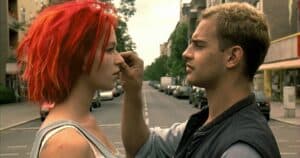
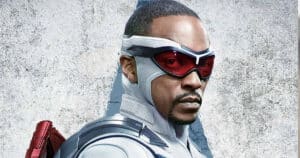
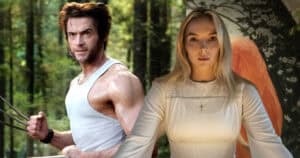
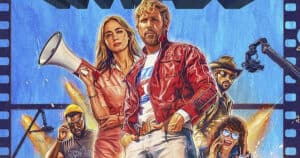
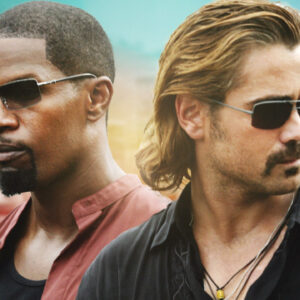
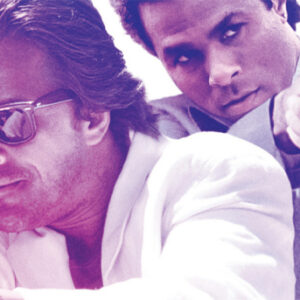
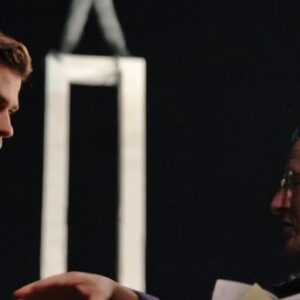

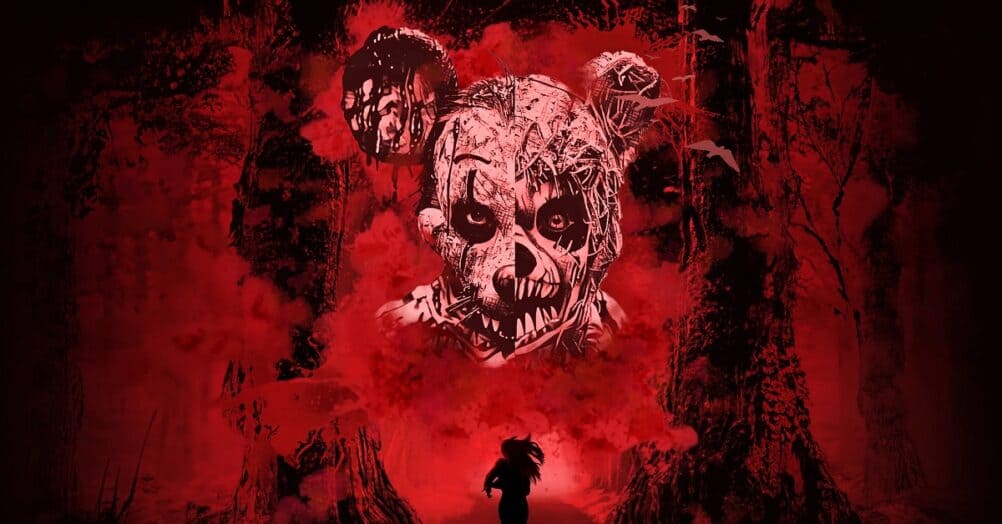
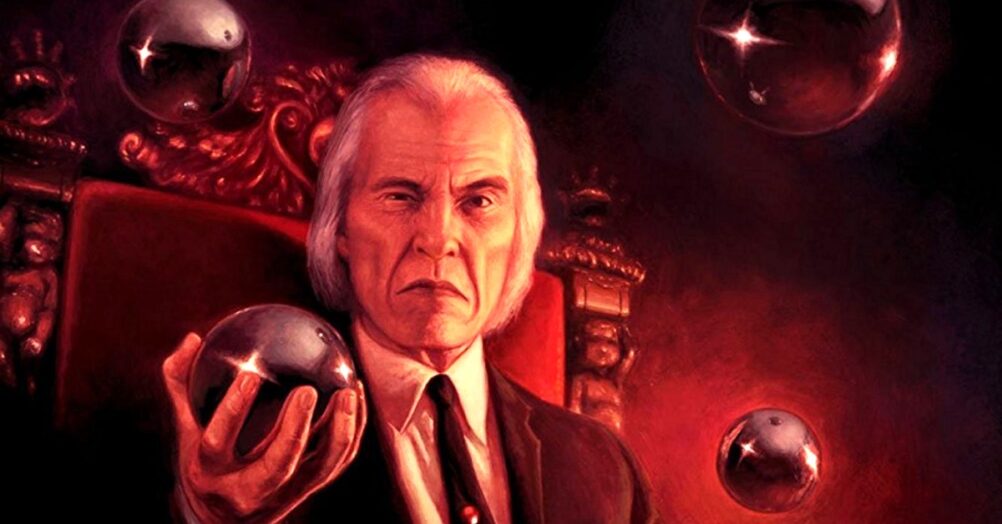
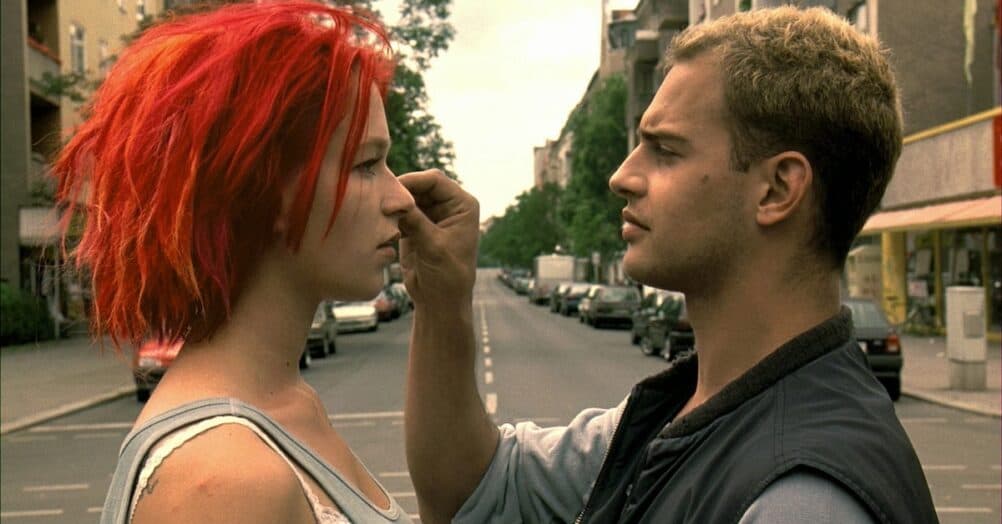
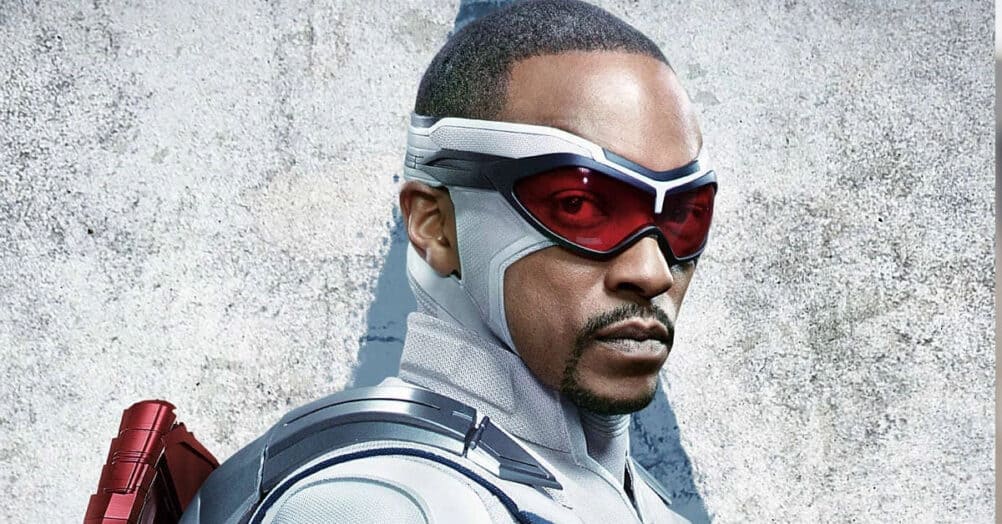
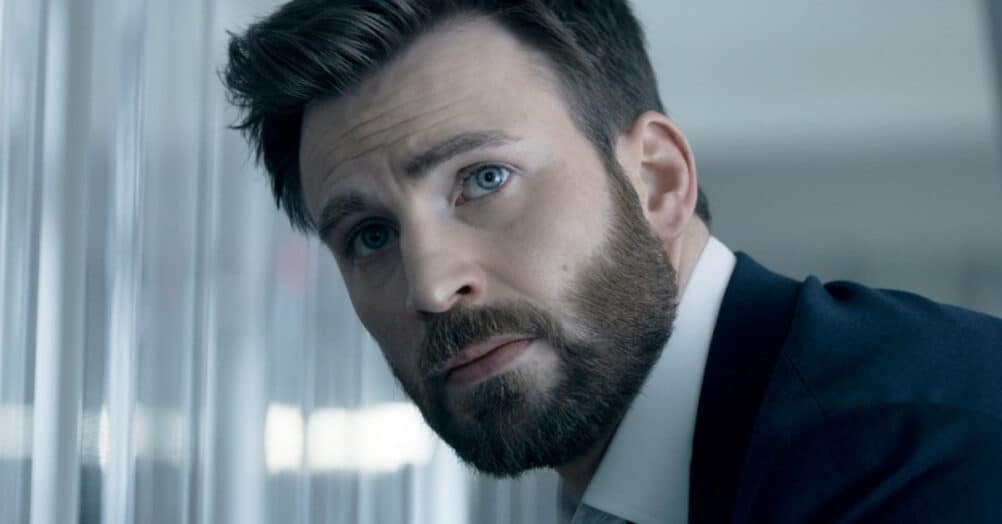
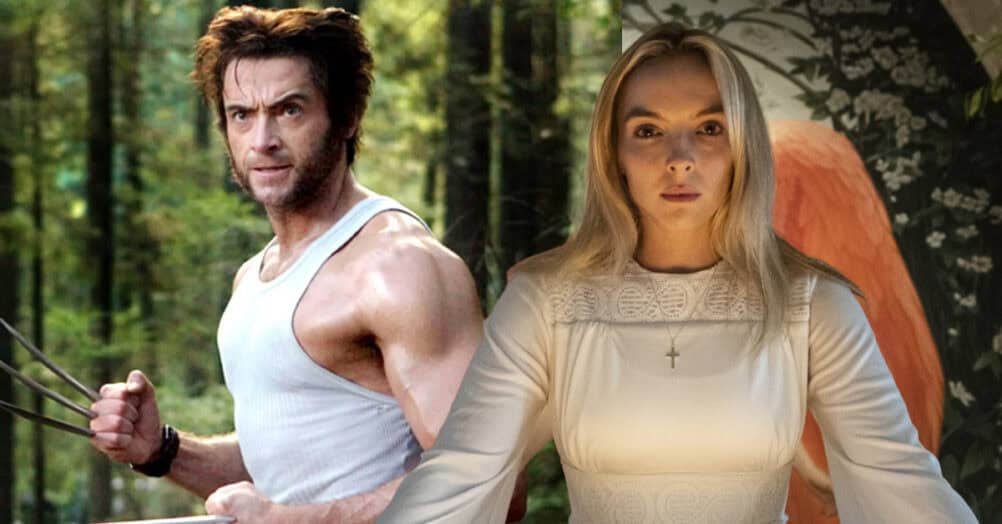
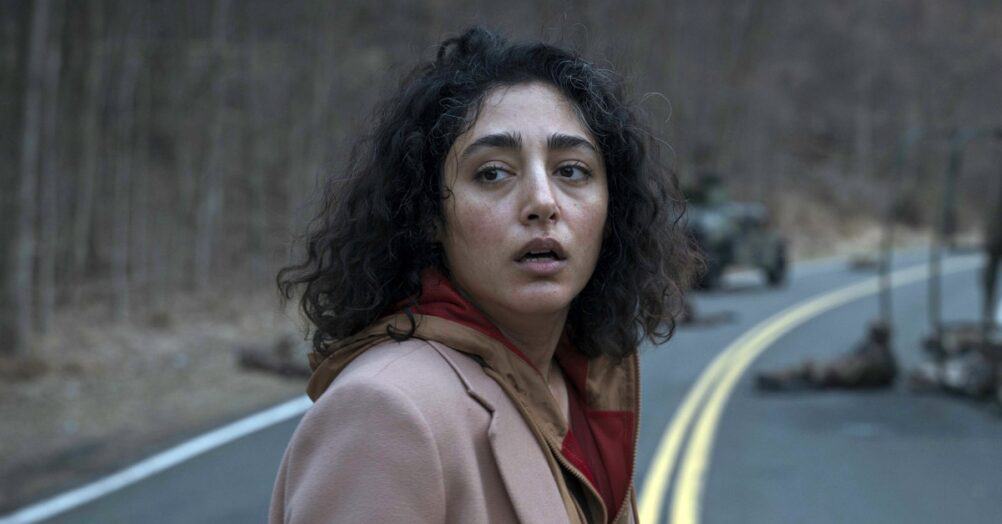
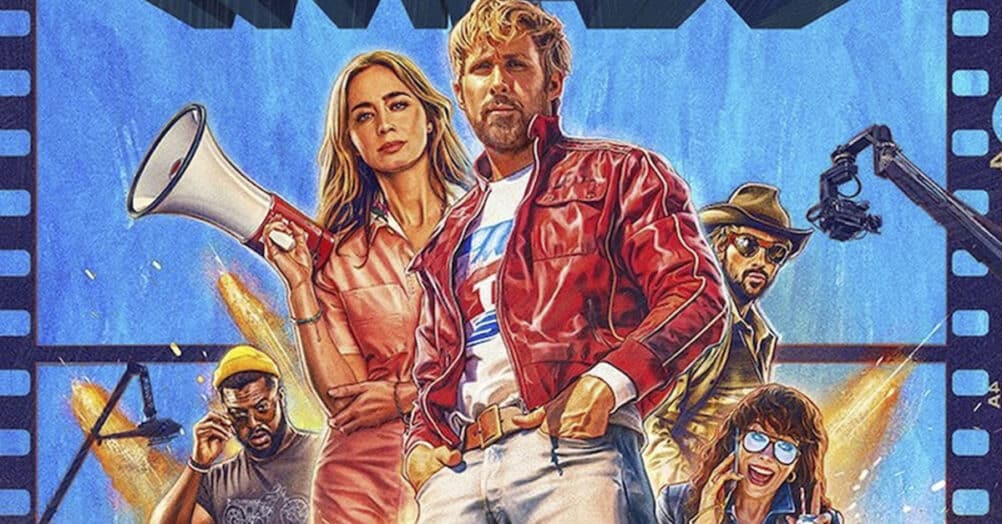
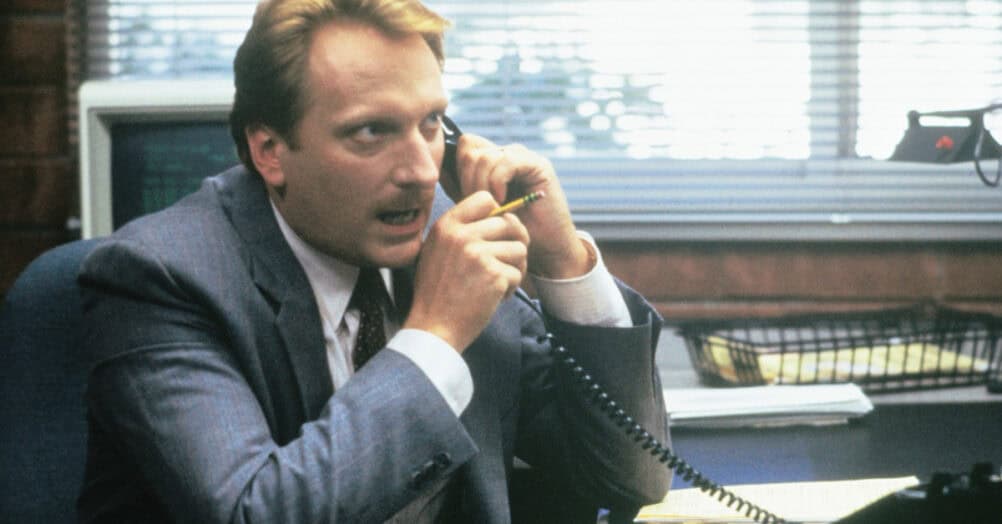
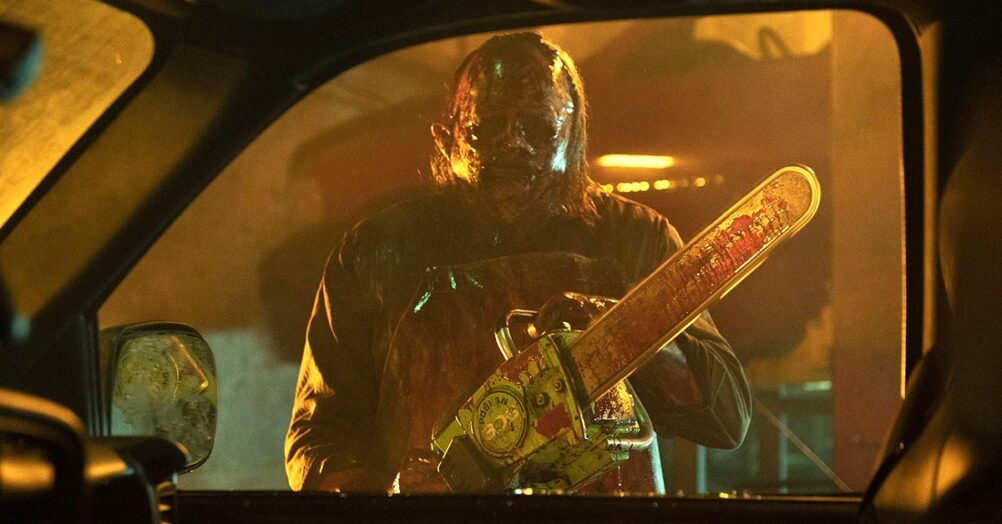
Follow the JOBLO MOVIE NETWORK
Follow us on YOUTUBE
Follow ARROW IN THE HEAD
Follow AITH on YOUTUBE